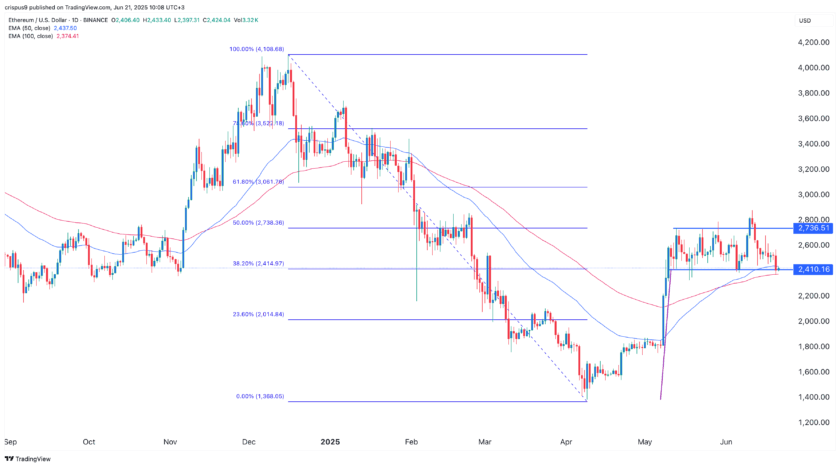Platform business models have become all but the de facto business model for the digital economy. This dependence means that unsustainable practices of platform business models impact the overall sustainability of the digital economy. Regarding the generation of network effects, platform business model owners would be well-advised to consider blockchain-based tokenization.
Platforms generate value by creating marketplaces where participants can easily transact. By digitally matching supply with demand, platform business models provide a scalable base for new value propositions, novel revenue models or a means to build on the assets of private individuals.
Network effects are crucial to success
The application of platform business models varies from ride-hailing and food delivery apps to mobile phone networks. Regardless of the market, the success of platform business models depends on the generation of network effects, meaning that ongoing growth for both demand and supply is necessary for the platform to generate value.
To generate network effects, platform business owners have relied upon subsidies as the incentive mechanism to draw both users and suppliers to the platform. An example would be a ride-hailing app that would provide higher-than-market rate payments to drivers and provide cheaper-than-market rate rides to customers while subsidizing the difference out of company funds.
Network effects and sustainability
In theory, using subsidies as a means to generate network effects is not all that problematic. The issue comes in when competing platform business models also use the same strategy. As the competition intensifies, both users and suppliers migrate to other platforms offering higher incentives. This forces platform business models into a cycle that requires continued financial support and threatens the sustainability of the platform.
Tokenization as a new incentive mechanism
The core breakthrough of blockchain technology has been digital scarcity — the combination of the transferability of digital files with the proven scarcity of scarce commodities, such as gold.
Digital scarcity in the form of tokenization can be leveraged by platform business models to create network effects.
When specific criteria — such as a limited supply of tokens, exclusive use of the tokens, exchangeability of tokens for fiat currencies and availability on an exchange — are met, then suppliers can be incentivized through co-ownership of the network. Fiat currency is then exchanged for tokens to pay for rides. Because of the limited supply, the value of the tokens will go up as the demand for the service grows. This token value growth attracts more drivers which, in turn, attracts more users as well.
By making drivers co-owners, tokenization provides the additional benefit of addressing multi-homing — the use of multiple platforms by various suppliers and users — as well as disintermediation — participants not using the platform anymore after being introduced.
More detailed information on how tokenization generates network effects has been described in an article co-written by Big Four audit firm Deloitte and digital asset investment advisory firm Coinstone Capital.
Tokenization challenges
Although tokenization potentially holds the key to sustainable business platform growth, there are additional considerations to take into account. Token economics and governance — basically, the fine-tuning of the incentive mechanism and its management to fit specific requirements — are very important.
The type of token is also another consideration. Depending on the jurisdiction, the choice for a utility, equity or security token will have an impact on taxation and how it is generally regulated. Due to the additional steps regarding token ownership, transaction and exchange usability is also a fundamental challenge to address.
Although the regulatory environment in some jurisdictions is also unclear, the amount of experiments and subsequent findings has led to remarkable progress in the field — progress that we are likely to see in the next generation of household-name business platforms.
As the global economy becomes increasingly more digital, the sustainability of its almost de facto business model is becoming just as important. Blockchain-based tokenization is by no means perfect, but it is a powerful tool that every platform business owner should seriously consider — not just for the sake of the business but also for the sake of its participants.
The views, thoughts and opinions expressed here are the authors’ alone and do not necessarily reflect or represent the views and opinions of Cointelegraph.
This article was co-authored by Gys Hough and Floris van Lieshout.
Gys Hough is managing partner at digital asset investment advisory firm Coinstone Capital. Gys loves introducing clients to this exciting asset class and is passionate about how decentralization can lead to a more innovative and inclusive economy. When he is not staying abreast of the latest developments in digital assets, he is probably cycling.
Floris van Lieshout works for Deloitte Netherlands, Blockchain and Digital Risk Solutions. He is super passionate about crypto and DeFi and spends most of his time connecting blockchain innovation with enterprise.




